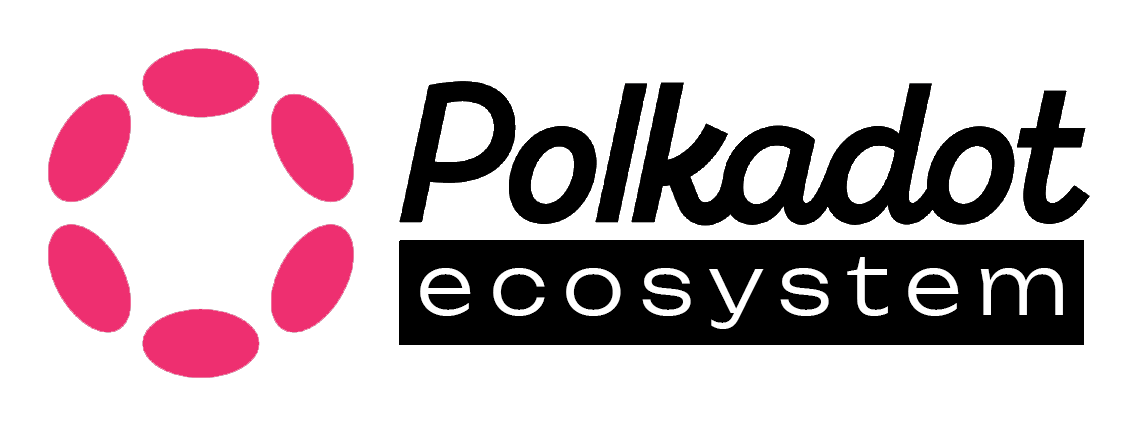Bali Blockchain Center & Indonesia bet on Blockchain Tech
Indonesia, the world’s largest archipelago, boasts a staggering 17,000 islands, each with its own unique culture, language, and traditions. Amid this diversity, the concept of “Bhinekka Tunggal Ika”, which translates to “Unity in Diversity“, has long been a guiding principle for the nation. As Indonesia strides forward into the digital age, this motto takes on new significance, particularly on the island of Bali. Known globally for its vibrant culture and breathtaking landscapes, Bali is now emerging as a hub for blockchain innovation, aiming to unite its diverse communities through cutting-edge technology.
Space Monkeys 158, a recent episode of a popular podcast series, spotlighted this transformative journey. Key figures from Indonesia’s tech and government sectors discussed how blockchain could foster unity and resilience in Bali and beyond. This article delves into the key takeaways from the episode, exploring how Bali is leveraging blockchain technology to overcome challenges, protect its cultural heritage, and position itself as a leader in the global digital economy.
The Vision: Bali Blockchain Center
Bali’s journey into the blockchain space began in earnest with the establishment of the Bali Blockchain Center. This initiative was spearheaded by leading figures in Bali’s tech and creative industries, with a mission to explore and implement blockchain solutions across various sectors. The center functions as a laboratory for blockchain technology, where innovative ideas are tested and developed into practical applications that can benefit the local community.
The Bali Blockchain Center’s founding vision was not merely to adopt blockchain as a trendy new technology but to integrate it deeply into the fabric of Balinese society. This includes enhancing the island’s digital infrastructure, improving public services, and creating new economic opportunities for its residents. As discussed on Space Monkeys 158, the center also serves as a critical platform for education, providing digital literacy and blockchain training to ensure that all members of the community can participate in and benefit from the digital transformation.
Challenges and Opportunities: The Role of Digital Literacy
One of the primary challenges highlighted by the speakers on Space Monkeys 158 is the digital divide that still exists in Indonesia, particularly in rural and underserved areas. While Bali is a major tourist destination with relatively good digital infrastructure, many other parts of the country lag behind. This digital divide poses a significant barrier to the widespread adoption of blockchain technology, as access to the internet and digital literacy are prerequisites for participation in the digital economy.
To address this issue, the Bali Blockchain Center has placed a strong emphasis on digital literacy. Through a variety of educational programs, the center aims to equip Balinese residents with the knowledge and skills they need to engage with blockchain technology effectively. This includes everything from basic computer skills to more advanced training in blockchain development and smart contract programming.
The digital literacy initiative also ties into broader efforts to promote technological sovereignty in Indonesia. As noted by Papa Usman Kang, the former Director General of Information and Public Communication at the Ministry of Communication and Informatics, Indonesia currently relies heavily on foreign technology. By fostering homegrown talent and innovation, initiatives like the Bali Blockchain Center can help Indonesia reduce its dependence on external technology providers and assert greater control over its digital future.
Protecting Bali’s Cultural Heritage with Blockchain Technology
One of the most compelling use cases for blockchain technology in Bali is the protection of the island’s rich cultural heritage. Bali is renowned for its traditional arts and crafts, which are not only an integral part of its cultural identity but also a significant source of income for many residents. However, these cultural assets are increasingly under threat from piracy and unauthorized reproduction, particularly in the digital realm.
During the Kusamarian Space Monkeys 158 episode, it was revealed that one of the initial motivations for exploring blockchain in Bali was to address these challenges. The idea was to use blockchain technology to create digital certificates of authenticity for Balinese art, music, and other cultural products. These certificates, stored on a decentralized ledger, would make it possible to verify the provenance of cultural items and protect them from unauthorized copying and distribution.
The introduction of NFTs (non-fungible tokens) has further expanded the possibilities for protecting and monetizing Bali’s cultural heritage. By tokenizing their work, Balinese artists can sell digital versions of their creations directly to buyers around the world, while still retaining control over their intellectual property. This not only provides artists with a new revenue stream but also helps to preserve and promote Bali’s cultural heritage on a global scale.
Bali Blockchain Center Government Support and Regulation
The success of the Bali Blockchain Center and other blockchain initiatives on the island would not be possible without the support of the Indonesian government. As discussed on Space Monkeys 158, the government has been actively involved in promoting blockchain technology, recognizing its potential to drive economic growth and improve public services.
Papa Usman Kang, who played a key role in communicating government programs to the public during his tenure, emphasized the importance of regulatory support for blockchain development. He noted that while blockchain offers many benefits, it also poses challenges, particularly in terms of data protection and privacy. The Indonesian government is therefore working to develop a regulatory framework that can address these challenges while still allowing for innovation and growth.
One of the government’s most significant initiatives in this area is the development of a national blockchain strategy, which aims to create a supportive environment for blockchain startups and projects. This includes providing funding and resources for blockchain research and development, as well as creating a legal framework that ensures the safe and secure use of blockchain technology.
The Future of Blockchain in Bali
As Bali continues to explore the potential of blockchain technology, the concept of “Bhinekka Tunggal Ika” remains at the heart of its efforts. The island’s leaders are committed to using blockchain as a tool for uniting Bali’s diverse communities, ensuring that all residents can participate in and benefit from the digital economy.
The Kusamarian Space Monkeys 158 episode highlighted several ways in which blockchain can contribute to this goal. For example, blockchain can be used to create decentralized platforms that enable peer-to-peer transactions, allowing individuals and businesses in remote areas to access new markets and economic opportunities. It can also be used to improve transparency and accountability in public services, helping to build trust between the government and the people.
Looking ahead, the launch of the Mandala blockchain project represents a significant milestone in Bali’s blockchain journey. Mandala aims to be a unifying platform that brings together all of the island’s blockchain initiatives under a single umbrella. By providing a common infrastructure for blockchain projects, Mandala chain can help to streamline development, reduce costs, and ensure that all of Bali’s communities can benefit from the technology.
Conclusion
The rise of blockchain technology in Bali is a testament to the island’s resilience and adaptability in the face of change. By embracing blockchain, Bali is not only preserving its cultural heritage and improving its digital infrastructure but also positioning itself as a leader in the global digital economy. The Bali Blockchain Center, with its focus on education, innovation, and community engagement, is at the forefront of this transformation.
As Indonesia approaches its 100th anniversary in 2045, the vision of “Bhinekka Tunggal Ika” remains more relevant than ever. Through initiatives like the Bali Blockchain Center and the Mandala Chain project, Bali is demonstrating how blockchain can be a powerful tool for uniting diverse communities and driving sustainable development. The journey is just beginning, but the potential is immense, and the world is watching.
With continued support from the government, the private sector, and the community, Bali is well on its way to becoming a model for how blockchain can be used to promote unity, protect cultural heritage, and build a brighter future for all.

